I’m sure that Elon Musk is smart. More importantly, President Trump thinks Elon is smart and apparently listens to him.
I’m therefore addressing this post to Mr. Musk in hopes that he can convince the President that he’s about to make terrible mistakes on international trade that will almost certainly undermine, undo, and negate whatever positive impacts his other policies might have on our economy. Perhaps even turn his promised Golden Age into a stagnant mess.
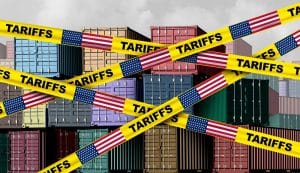
Absent a compelling need to protect a specific defense industry or other critical product (which I acknowledge certainly exist), one of the few universally agreed upon truths in economic theory is that tariffs harm the nation imposing them.
The excellent OpEd piece in today’s WSJ by Phil Gramm and Donald Boudreaux reminded me of this truth.
So I pulled out the best book on Economics I know—Henry Hazlitt’s Economics In One Lesson and re-read chapters eleven and twelve. Elon, it will only take you a few minutes to digest these truths and then to explain them to the President.
Exports and Imports are two sides of the same action. You cannot have one without the other. It’s not “bad” if we buy more of some tangible product from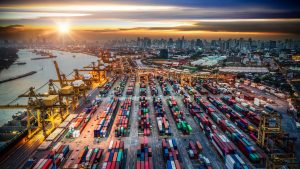
If the process stopped there, we would be trading insignificantly cheap pieces of engraved $100 paper bills for very valuable washing machines, cars, minerals, grain, etc. Paper traded for real things—our total national wealth would go up exponentially.
But the process doesn’t stop there. The foreigners typically spend some of those dollars to buy other tangible goods from us, increasing economic activity and jobs here.
By the Law of Comparative Advantage, first established over 200 years ago, all countries benefit from this type of international trade because it produces lower prices and more jobs. See “There’s A New Tariff in Town.”
But what if foreigners don’t buy as much stuff from us as we buy from them—the dreaded Trade Deficit which our President seems to think is subsidizing those countries?
What can they do with those extra dollars which they haven’t spent? They could sit on them, meaning that we got their stuff and gave them almost nothing in return—not a bad deal for us.
They can travel here and spend those dollars on goods and services, boosting our economy.
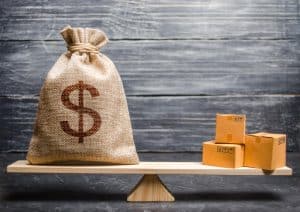
Or they can invest directly in U.S. companies and projects—something President Trump extols them to do! But they can’t do that without dollars, and many of the dollars they invest in the U.S. are what’s left over from our Trade Deficit in physical goods.
We can start the same analysis from the investment side. If the President negotiates a $1 billion foreign investment in the U.S. to create U.S. jobs here, the foreign investor has to exchange his currency for dollars to do so. That process drives up the value of the dollar—more bids for it—so now it’s easier for us to import more goods at a lower cost with our more-valuable dollars, creating a Trade Deficit in physical goods. But, so what? The process started with the $1 billion investment in a new project here that will create more jobs, which was our goal.
In fact, the Trade Deficit in goods may be a very positive outcome of the strength of foreign faith in the U.S. economy, attracting their investment and therefore, with a floating exchange rate, making foreign goods less expensive for us to buy.
In short, as the WSJ article shows, the Trade Deficit is a non-issue, because there is also the resulting and offsetting use of the same dollars into the U.S. on the flow of funds side.
So for every import there is a corresponding export and/or investment in our bonds or in our companies. Elon, focusing on the Trade Deficit in physical 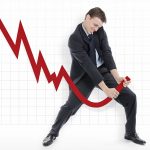
Get Hazlitt’s book and read those two chapters, then whisper the truth to the President. Soon.
This tariff fallacy also emphasizes another truth that Hazlitt so well illustrates, and which I wrote about in “What We Don’t See is Killing Us”. The basic point is that the press can do a moving report and show us steel workers at their jobs benefitting from the tariff that raised the 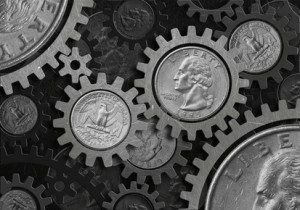
And one final important result of just the threat of tariffs: Businesses don’t like uncertainty. See “Tinkering With Business” for how flip-flopping government taxes and/or subsidies for the same business activity eventually causes decision makers to stop doing anything until there is more certainty.
Tariffs are just like almost instant taxes and subsidies. The threat to add or subtract them scrambles any attempt to make a rational go/no go business decision, and so the safest approach is just to stop. Even if no tariff is eventually imposed, just the threat will cut back on business activity until the final result is known for certain. That’s not exactly good for the U.S. today.
Elon, please tell our President that his constant and differing pronouncements on tariffs will quickly turn the Golden Goose into a Black Swan. Business will just cut back. Not good for the President’s other policies which are based on growth, more employment and higher wages.
With tariffs there’s a good chance that won’t happen, and he’ll have no one to blame but himself, though that’s not likely.
And recall that all of the above negative impacts on our economy will happen before other countries retaliate with their own tariffs on our goods, and before some of our closest allies and trading partners wonder whether long-standing agreements which have molded the international supply chain mean anything.
Tariffs are a terrible “solution” to a trade deficit “problem” which doesn’t even exist.
So, please, Elon, before it gets that far and the economy falters—whisper the truth to President Trump.
Thank you.

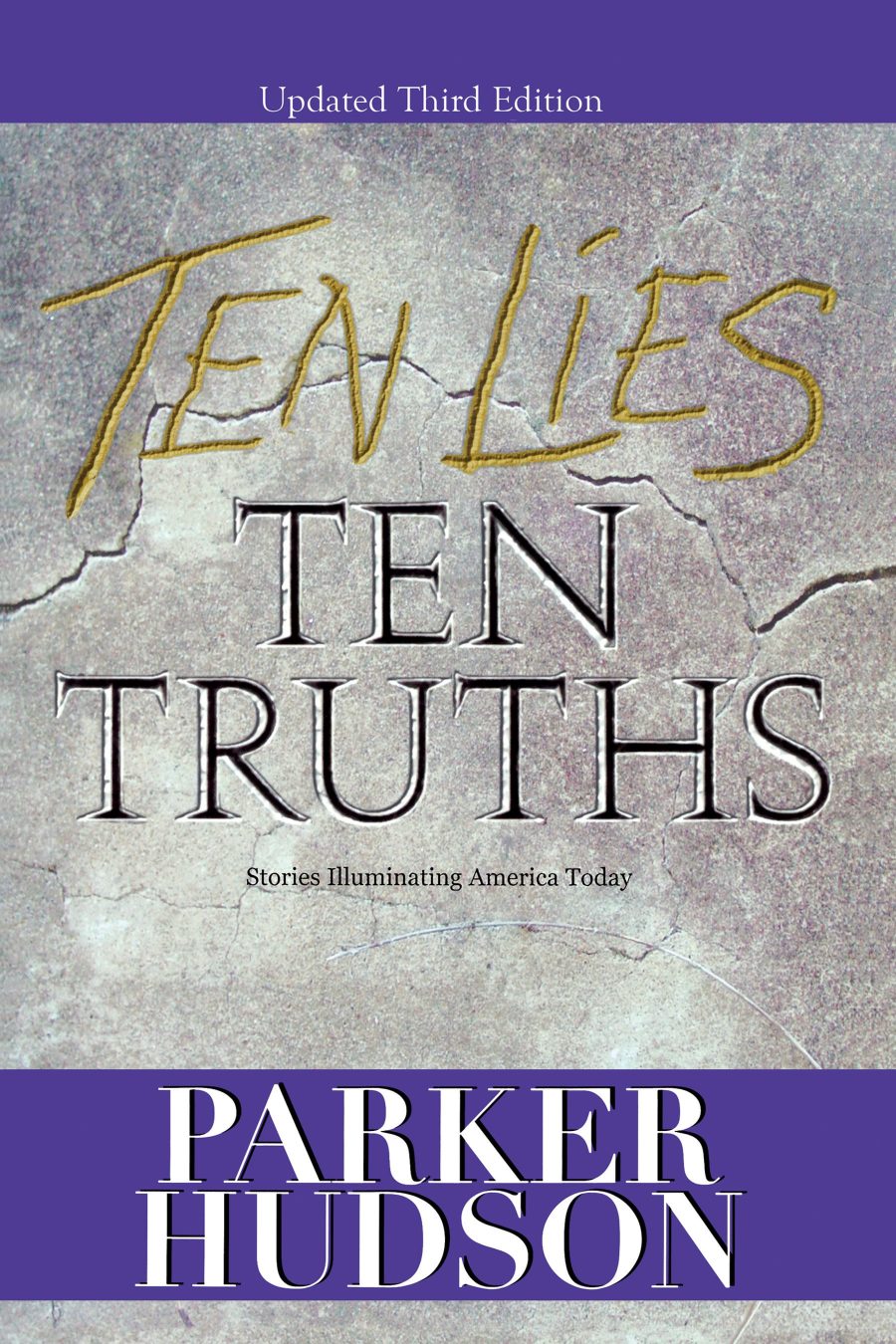
Comments